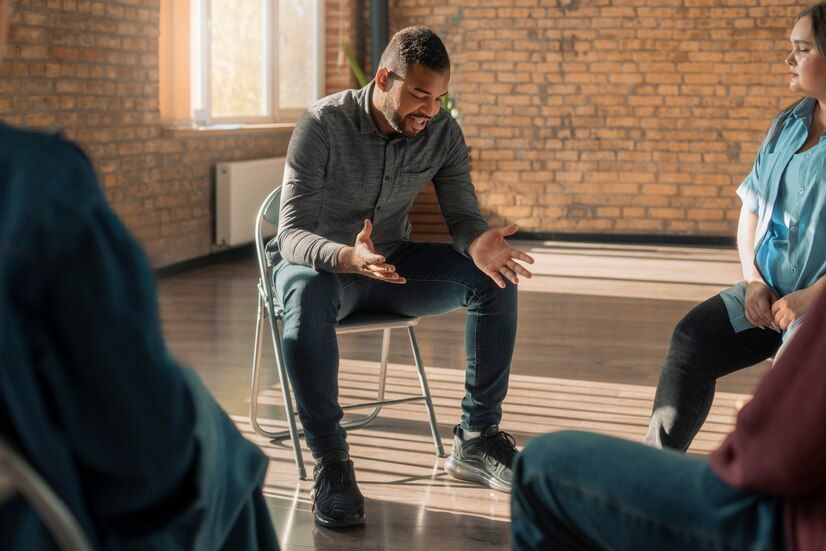The Critical Role of Counseling in Addiction Recovery
Addiction is a multifaceted and challenging condition that affects millions of individuals worldwide. It involves not only the physical dependence on substances or behaviors but also profound psychological and emotional impacts. Counseling plays a pivotal role in addressing these complexities and supporting individuals on their journey to recovery. This article explores the need for counseling due to addiction and its benefits in the recovery process.

Understanding Addiction
Addiction is characterized by the compulsive use of substances or engagement in behaviors despite harmful consequences. It is recognized as a chronic disease that affects the brain's reward, motivation, and memory systems. Addiction can lead to significant impairment in daily life, affecting physical health, mental well-being, and social relationships.
Why Counseling is Essential
Counseling is a critical component of addiction treatment for several reasons:
- Addressing Underlying Issues: Addiction often stems from underlying psychological issues such as trauma, depression, anxiety, or low self-esteem. Counseling helps identify and address these root causes, providing a foundation for lasting recovery.
- Behavioral Change: Counselors use therapeutic techniques to help individuals understand and modify the thought patterns and behaviors that contribute to their addiction. This can include Cognitive Behavioral Therapy (CBT), Motivational Interviewing (MI), and other evidence-based approaches.
- Coping Strategies: Counseling provides individuals with effective coping strategies to manage triggers, stress, and cravings. Learning healthy ways to cope with life's challenges is crucial for maintaining sobriety.
- Emotional Support: The journey to recovery can be emotionally challenging. Counseling offers a safe, non-judgmental space for individuals to express their feelings, fears, and hopes, receiving validation and support from a trained professional.
- Relapse Prevention: Relapse is a common part of the recovery process, but counseling can help individuals develop skills to prevent it. This includes identifying warning signs, creating a relapse prevention plan, and building a strong support network.
Types of Counseling for Addiction
There are various types of counseling that can be effective in treating addiction:
- Individual Counseling: One-on-one sessions with a counselor to explore personal issues, develop coping strategies, and set recovery goals.
- Group Counseling: Facilitated group sessions where individuals share their experiences and support each other. This can foster a sense of community and shared understanding.
- Family Counseling: Involves family members in the recovery process to address dynamics and communication patterns that may contribute to addiction. It helps build a supportive home environment.
- Behavioral Therapies: Techniques like CBT, MI, and Dialectical Behavior Therapy (DBT) focus on changing harmful behaviors and thought patterns.
Benefits of Counseling in Addiction Recovery
Counseling offers numerous benefits that can significantly enhance the recovery process:
- Improved Mental Health: Addressing co-occurring mental health conditions and promoting
emotional well-being.
- Enhanced Self-Awareness: Gaining insights into the factors driving addiction and developing a deeper understanding of oneself.
- Strengthened Relationships: Improving communication and rebuilding trust with family and friends.
- Increased Resilience: Developing the skills and strategies needed to handle setbacks and challenges without resorting to addictive behaviors.
- Empowerment and Hope: Fostering a sense of empowerment and hope for a future free from addiction.
The Path Forward
If you or someone you know is struggling with addiction, seeking counseling is a vital step towards recovery. It is important to choose a qualified counselor or therapist who specializes in addiction treatment and to engage in the process with an open mind and commitment to change. Addiction is a complex condition, but with the right support and counseling, individuals can overcome it and lead fulfilling lives. Counseling provides the tools, strategies, and emotional support needed to navigate the challenges of recovery and build a healthier future. Remember, reaching out for help is a sign of strength, and support is available every step of the way.
CATEGORIES












